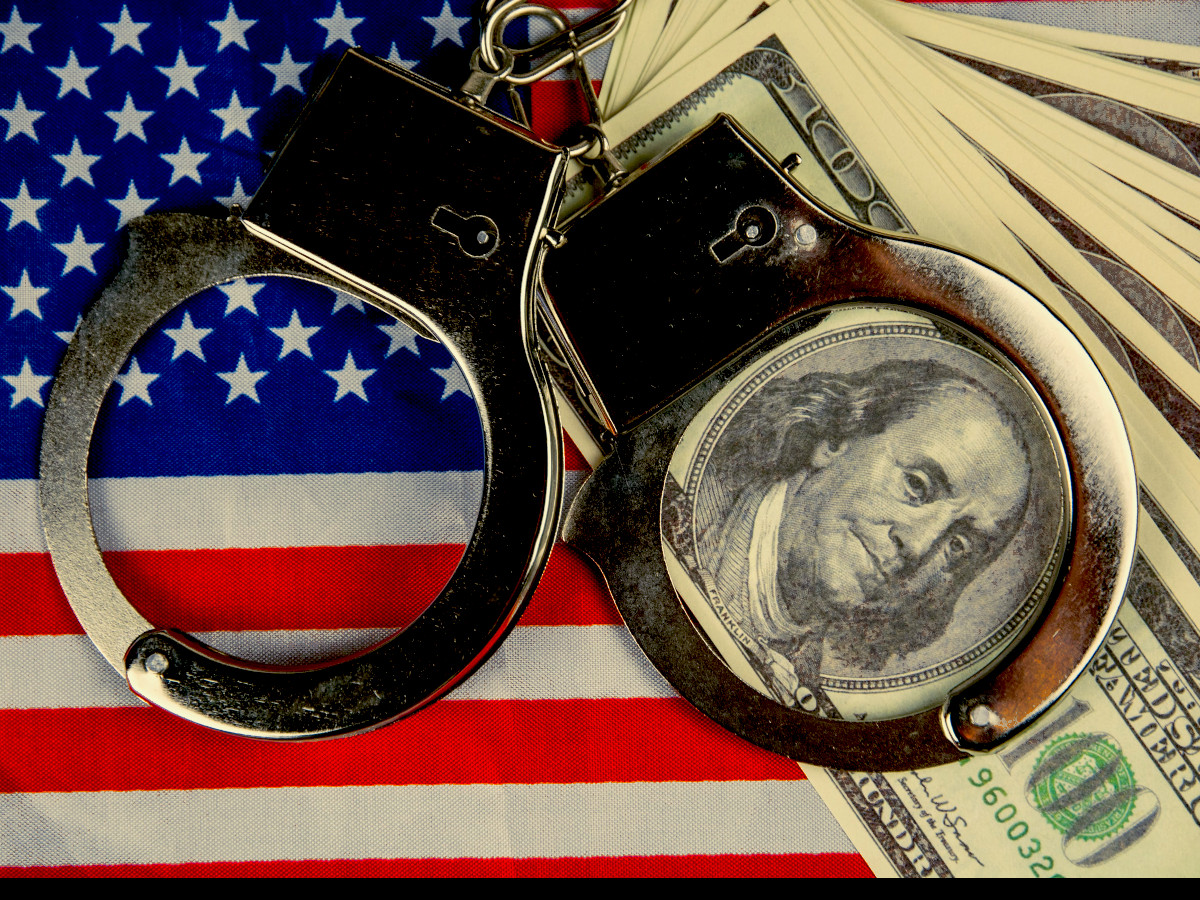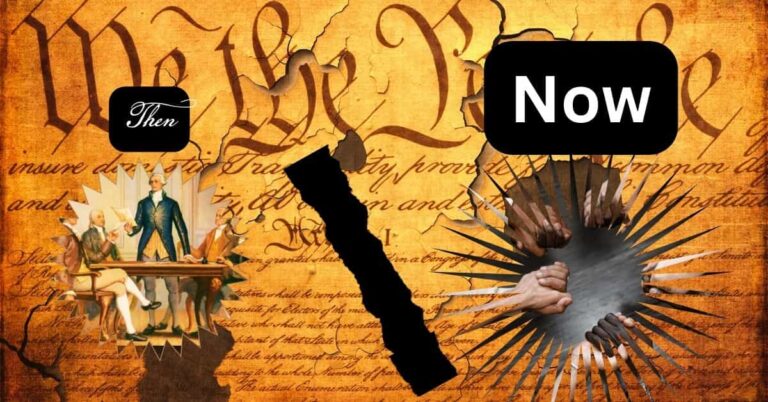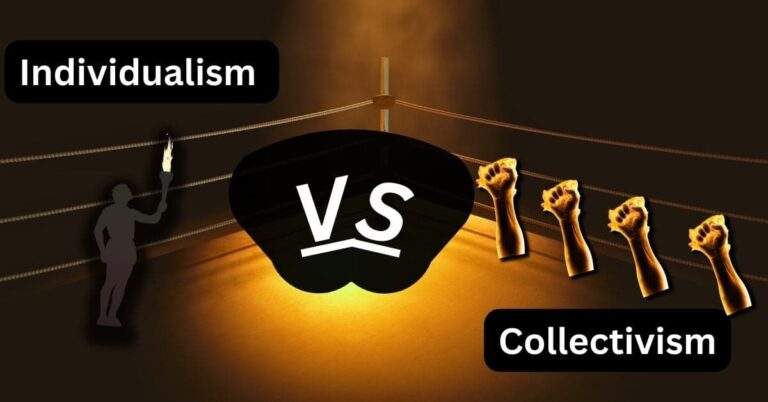Fear is the emotional response people gravitate toward when they don’t understand limits.
We shouldn’t fear the police, but some do. We shouldn’t fear the Internal Revenue Service (IRS), but some do.
The government perpetuates fear while being the strong-armed bully at times.
Let’s dispel that fear by exploring applications of liberty with economics, the police powers, government, and social issues through the eyes of John Stuart Mill.
Freedom Economics
Money, commerce, and the economy run the world.
They exist in unison with laws that not only protect the consumer but prevent freedom in trading.
Government is there to help protect the people and regulate commerce to the extent necessary. The laws introduced should solely prevent fraud and force.
- Fraud is protecting the consumer from those pesky telemarketers that call you while you’re sitting in a quiet waiting room.
- Force is protecting the employee from injury that an employer is liable for.
Free Trade
Daily commerce amongst individuals is a social act that should not be limited by the government.
In the past, governments have tried to regulate prices from rent to corn.
These measures do not promote individual choice on what product that the consumer wants. They hinder it!
Free-market capitalism is what promotes the individual more than any other economic system derived.
You have the choice to garner products from around the world based on your needs and wants.
- Do you want Japanese Kobe beef? That’s brought to you by free market trade.
- Do you want that German engineered sleek car? Guess what? That’s also free market trade.
- What else do you want? The free market will deliver if there is a consumer desire.
Regulation and Safety Precautions
One must view product regulation as a means of protecting the consumer over the producer.
I would assume most people respect the Food and Drug Administration (FDA). That’s one government organization that is trusted most times to protect what you consume.
They help regulate sanitation items from food, drugs, vaccines, and medical devices for consumers.
Is liberty affected when the government regulates prescription drugs?
Drugs manufactured with numerous unknown chemical elements need physician authorization. Professional doctors are educated on what chemicals prescription drugs contain.
Naturally occurring drugs could be argued differently because the government is restricting access to substances that are available in nature.
The deciding factor for economic regulation is ultimately whether the consumer’s freedoms are affected adversely.
What are the restrictions? It is the job of the government to argue why regulations are needed instead of the people having to determine the need for the new restrictions.
Police and State Powers
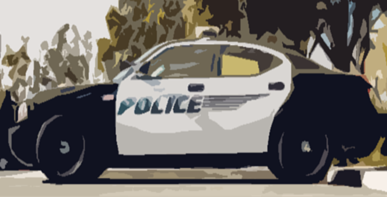
Having the ability to arrest someone over a criminal offense is a major power to have. Once those handcuffs click into place, a criminal knows that the “big house” is the next stop for booking.
General Police Function
When it comes to preserving freedom, the fewer restrictions that exist means that the government has less of a chance to dictate power over you.
Police power is for the protection of the public from harmful individuals. That is the sole purpose of the police.
They should not be used as a political means to intimidate other legislative opponents. Weaponizing any form of government other than the intended purpose breaches public trust. Once trust is compromised in any partnership, that is hard to regain.
Crime Prevention and Punishment
The right of society to prevent crime based on arbitrary data and opinion is tyranny. Governments can’t punish someone for an act that they have not committed.
What is arbitrary data?
Arbitrary data is not being able to defend opinions with ethical and moral statistics, thoughts, or reasoning behind your views.
Minority Report is a notable example on what arbitrary government data can look like. The basic premise of this movie is that there was a special police force created to arrest citizens on preliminary reports of a potential crime. In actuality, there hadn’t been a victim in any crime at that point.
Offenders need to have a repeated history of offense to punish them morally and lawfully.
For instance, everyone has a town drunk. You see them at the local pub without fail. The act of drinking itself tends to only hurt the individual partaking in spirits.
The limit is when being drunk causes damage to another individual through direct actions.
Driving intoxicated is an intentional act that has been proven to cause damage to another individual’s happiness.
Regulation of Articles
Can the government regulate articles prevalent to crime?
What are the limits of those regulations?
Is the article used more for self-defense or a consumer product item?
These are the questions to ask to decide the articles that should or can be regulated.
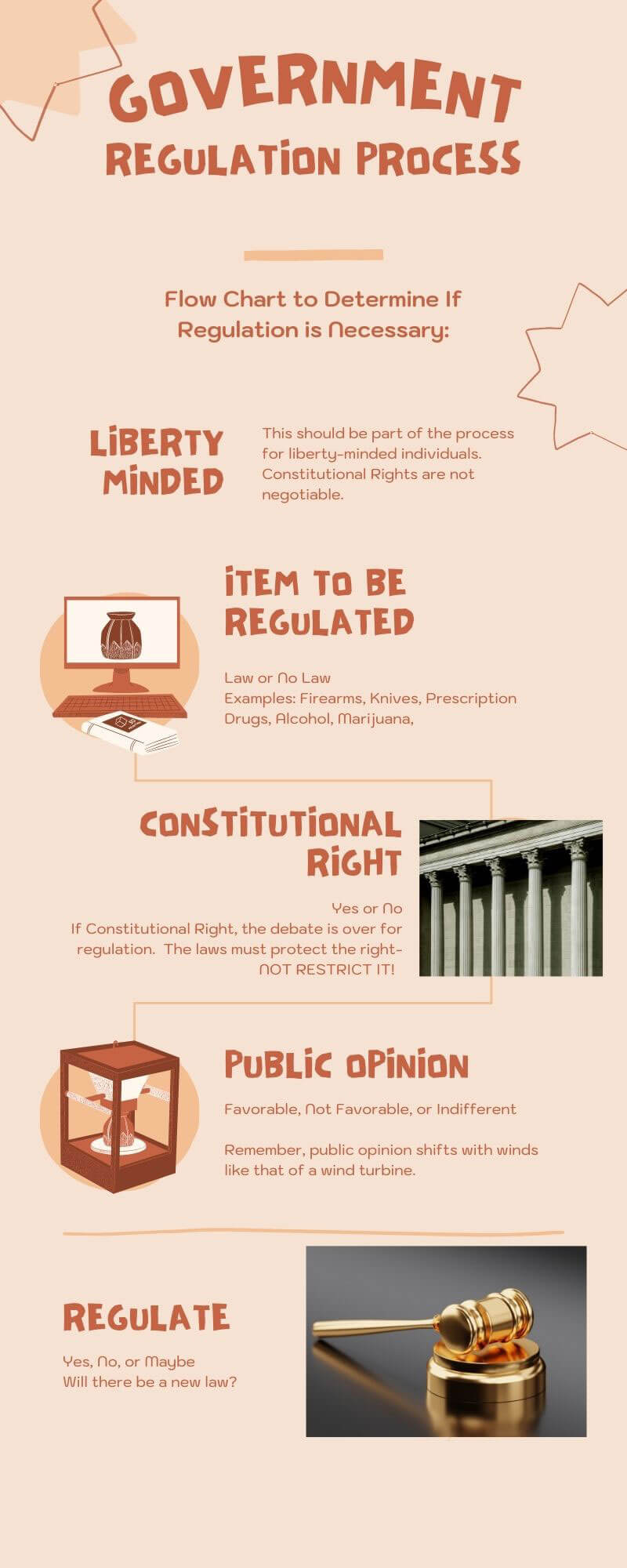
One of the quickest ways to ascertain what the government deems criminal elements is to review the custom’s entry form as to what is banned or heavily regulated to enter the country.
In the USA, toxic substances, controlled substances, or obscene articles are generally prohibited.
While firearms are not mentioned directly on the customs form, they are heavily regulated in the USA even with the constitutional protection of the 2nd amendment.
In other country’s customs forms, you will find that firearms are completely banned. That is a great comparison to the protections that the Constitution provides. Self-defense is a human right as John Locke would say.
Nanny State
Over the years, governments expand to enormous levels becoming like “big brother” that looks at you through security cameras on every street corner.
If you commit appalling acts in the eyes of the government, they will appear out of nowhere to fine, ticket, or imprison you for the tiniest offense.
This is the definition of a nanny state- also known as paternal government. The government should or will never be my parents. The government is not compassionate enough.
A nanny state will restrict activities or items that become so ridiculous. It becomes hard to fathom that this is real.
Nanny states tend to view their citizens as imbeciles without critical thinking skills. They decide that they are the best ones to provide critical thinking skills for you at no charge.
They tend to restrict access of activities to lower socioeconomic classes because you are children and do not know how to support yourself.
Nanny states are despotic governments with a tendency for tyranny. You won’t have liberty and freedom of choice with nanny states!
Social Applications
Marriage
As the Declaration of Independence states, “all men are created equal”.
Having liberty means being equal to your partner. A man should not have arbitrary rule over “his” woman.
The problem with using “his” refers to a woman as an object of possession. No one can own another human being.
That is wrong ethically and morally.
If you are married, a question that will inevitably pop up is children.
Raising children is a full-time job. They require attention all the time. That’s why have moms and dads have dark circles under their eyes.
Liberty principles mandate that you do what is best for your offspring even if you decide not to stay together with your partner.
It takes both parties for a marriage to be successful. However, on an individual level, either party can absolve the marriage as they see fit. That’s the freedom to leave a tough situation.
Education
Each parent has a duty to their child to supply basic education for their offspring.
By not supplying developmental substance to your child’s mind, that is a moral crime against society.
Children without freedom of thought typically are not productive citizens. Crime is the usual method to gain financial sustainability.
We all know the statistics on how crime decimates a community.
State Education
Public education is the accepted form of gaining knowledge and advancement in society.
This means that the government has a substantial influence on your children. The government will decide the theories, history, and statistics that are taught.
As a parent, you are the sole determining factor whether your children will be functioning members of society or not. If you do not like what is being taught at your schools, go to your board school board meetings to learn what is being taught.
What would you do if your 7-year-old told you about this cool new theory that they learned in class? You’re listening intently as your child tells you about what they learned. All of a sudden, your morning coffee ends up staining the white wall because you spit it out in disgust at the shock of what they are learning. You don’t hate your child-just what they’re learning.
This theory contradicts your values. The theory could be about green Martians or racist ideology being taught in the school system.
The power of the mind and thought at an early age becomes the foundation for future civil policies and an overall productive citizenry.
The government tempting to bias the opinions on debatable topics is evil and a detriment to future liberty.
What is the ultimate determining factor whether the government should be involved in daily aspects of policy and life?
Efficiency! If the government is efficient at a particular task that an individual can’t do alone, then there should be conversations as to whether the government would be the best executor of that task.
For instance, I’ve never seen a one-man army win any war or battle. James Bond can’t fight a 1,000-man invading army- even with all the fancy gadgets.
That’s why having a standing army is delegated to the government.
Conclusion
The power that the government has never seems to decrease. We add regulation after regulation.
Fear is often a tactic that crafty politicians use to pass more laws giving them more money and power.
While a healthy society needs some regulation, the regulation should focus more on the commercial aspect of trade rather than the individual.
Ask yourself this next time you find yourself in a drive-thru ordering that hamburger, does the government regulating the food that I am eating in this instance protect me from harm or not?
If your answer is no, then you do not need the regulation.
Printed Sources
Mill, J. S. (1859). On Liberty. Simon and Brown.
